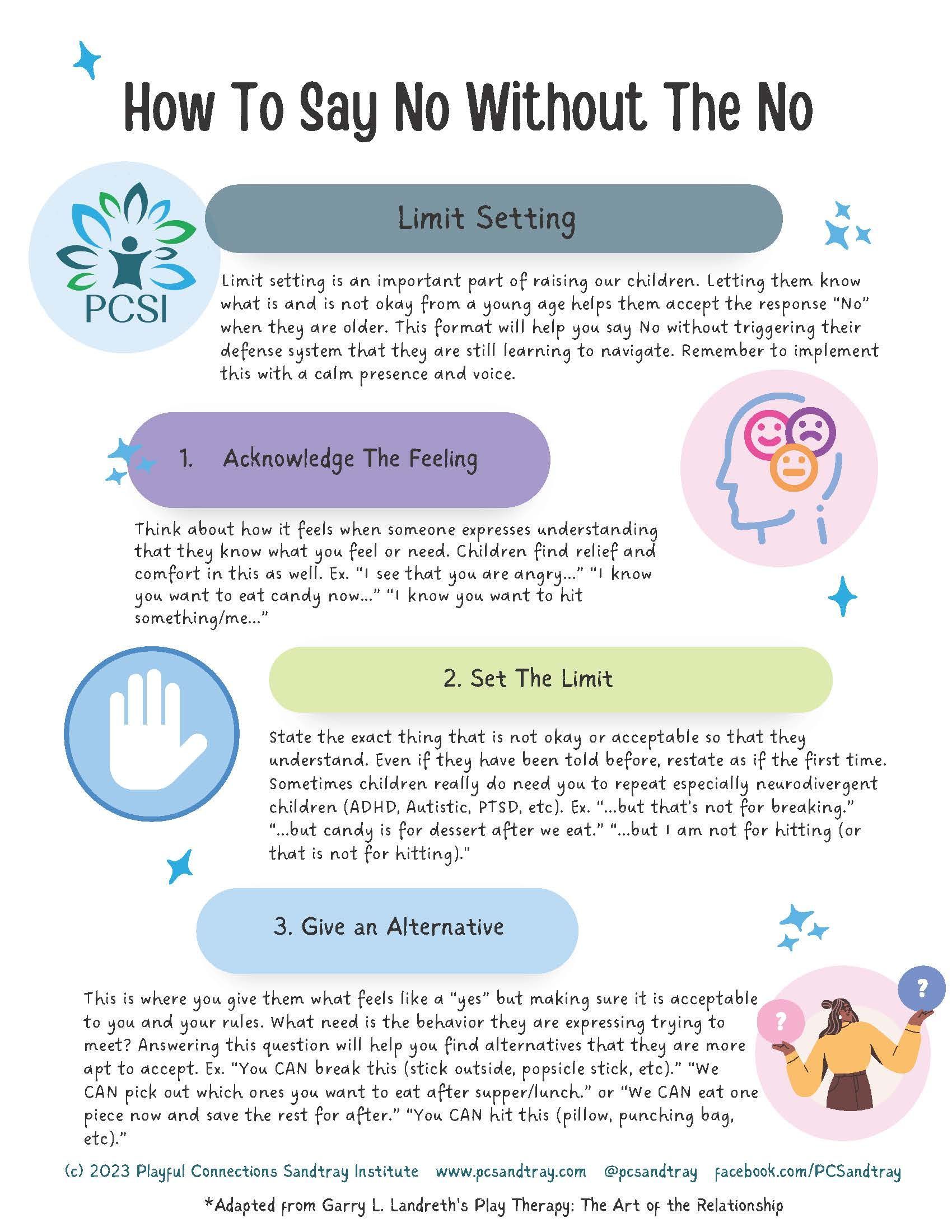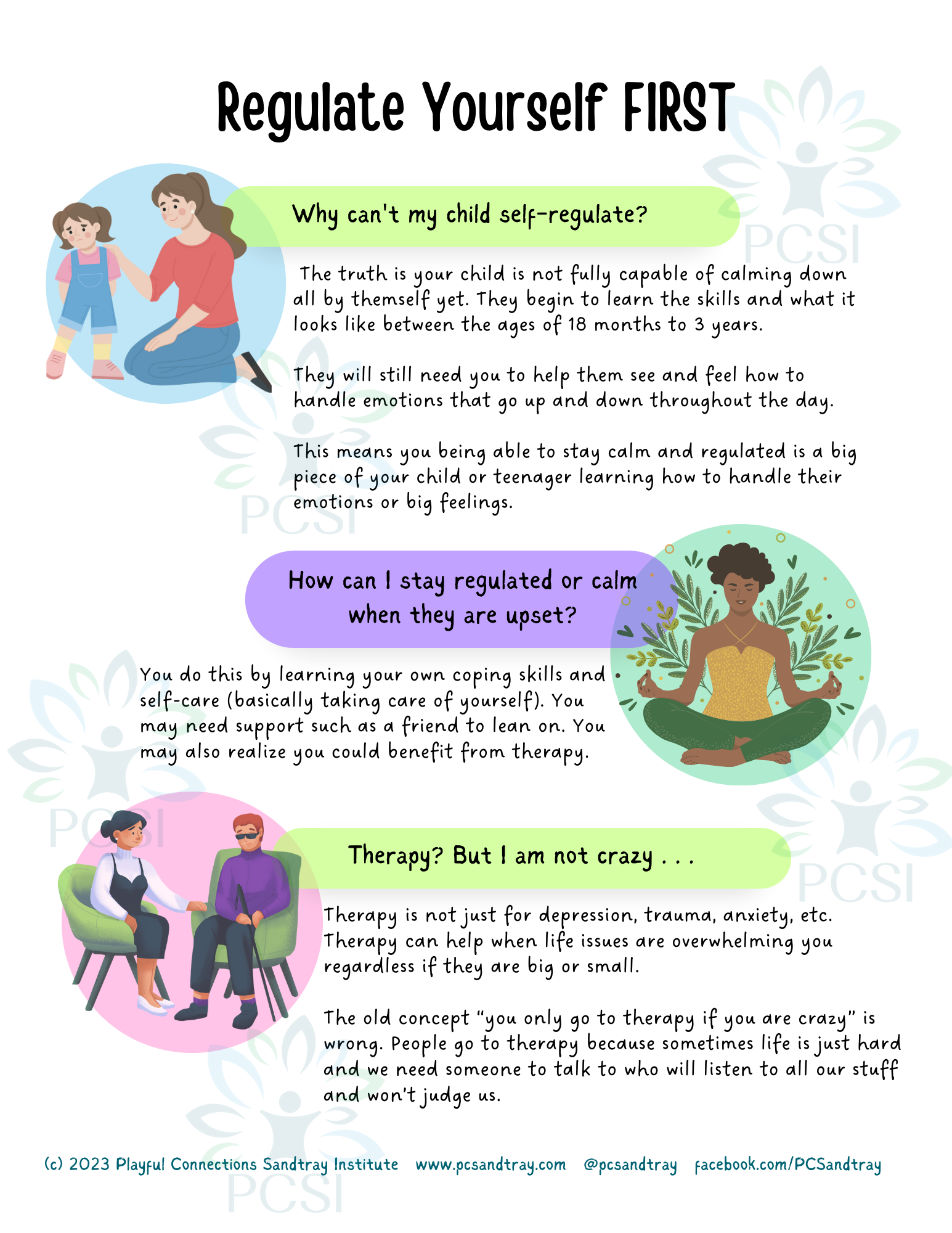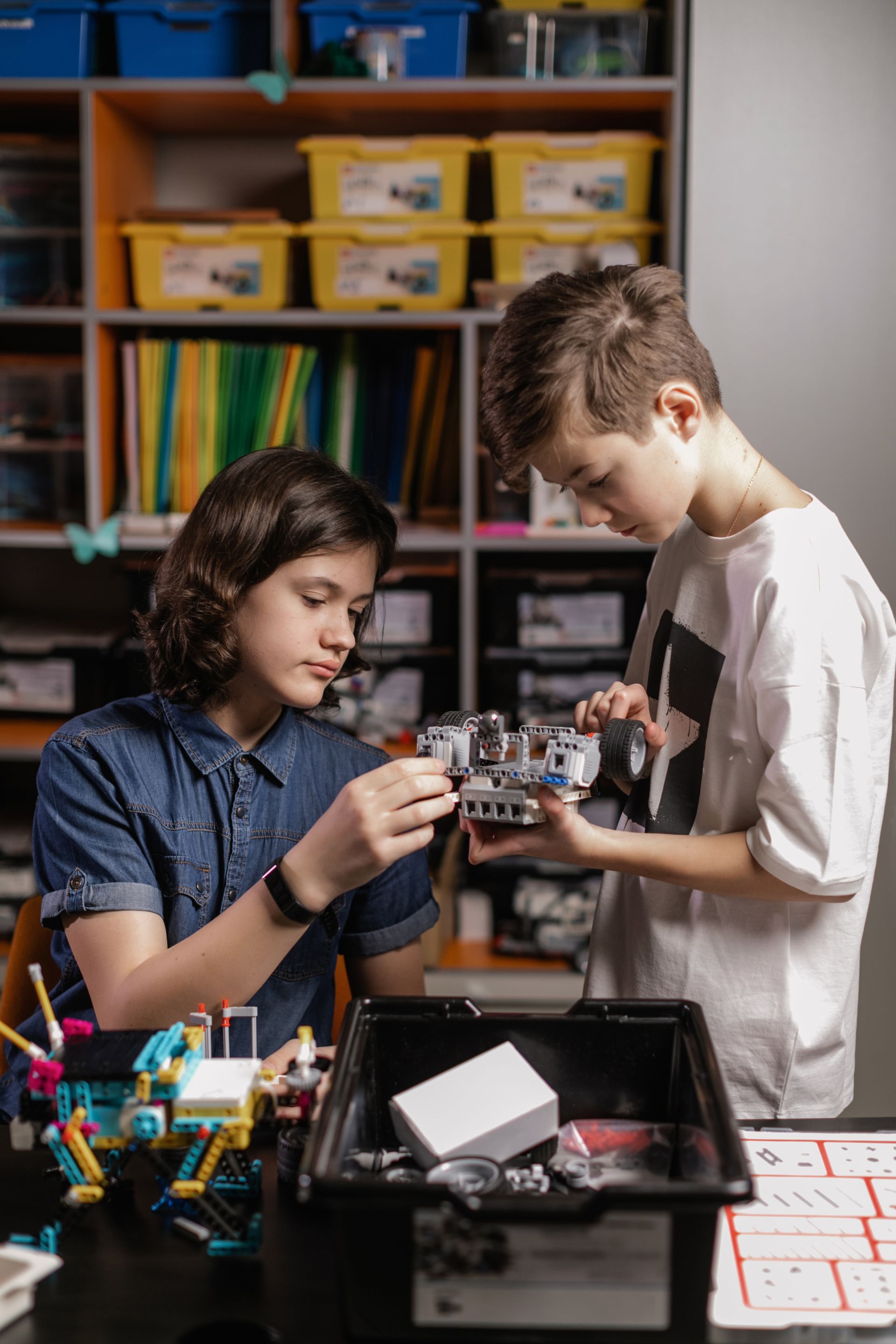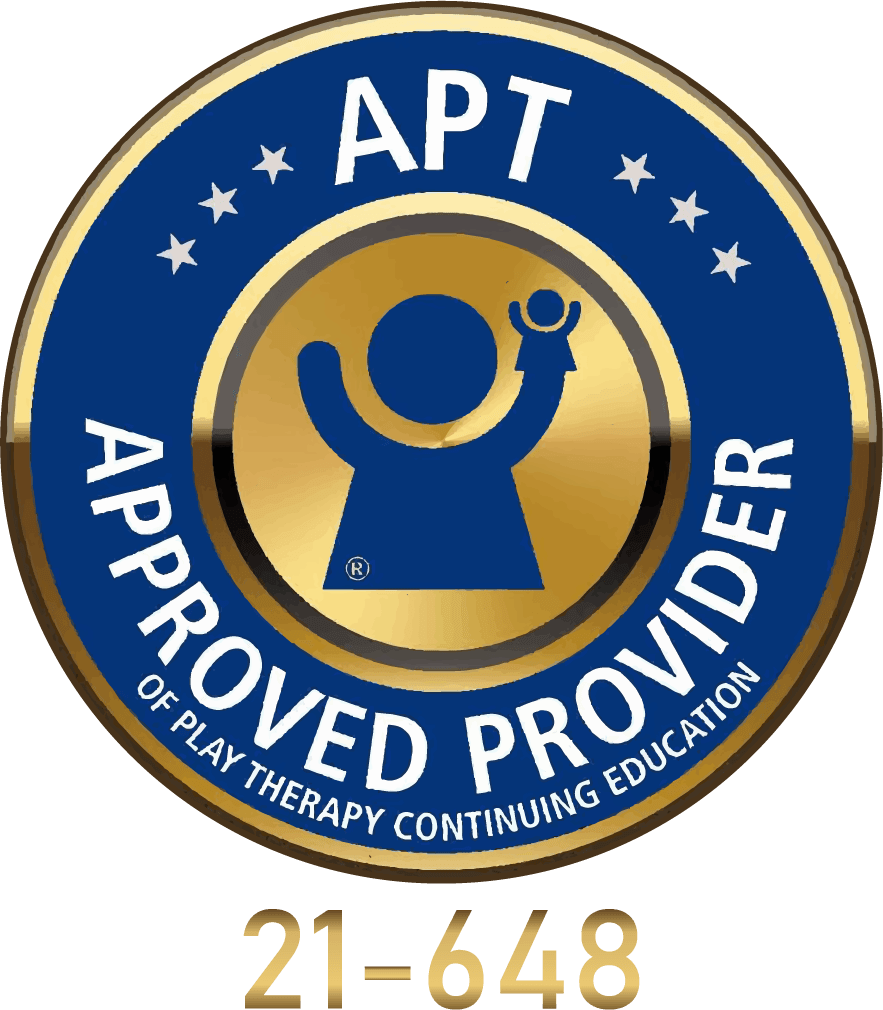How to Say 'NO' Without the 'No'
This guide will walk you through why your child might struggle with self-regulation:
As parents, caregivers, or professionals working with children, teaching kids how to regulate their emotions can sometimes feel like a monumental task. While we often focus on guiding them, the reality is that learning emotional regulation begins with us—the adults. Before helping children manage their big feelings, it’s essential to focus on our own emotional balance. But what happens when the word "no" doesn’t seem to cut it?
This guide will walk you through why your child might struggle with self-regulation, how you can remain calm and regulated during stressful moments, and the role of therapy in helping both you and your child handle overwhelming emotions.
Why Can’t My Child Self-Regulate?
Children are not born with the full capacity to manage their emotions. From birth to around 18 months to 3 years of age, children begin learning how to handle their emotions, but they still need a lot of support from adults.
Key Insights on Child Self-Regulation:
- Developmental Learning Curve: Emotional regulation is a skill developed over time. Kids need guidance to learn what it looks like to stay calm and steady, even when they feel upset or overwhelmed.
- Parental Support: Your child’s ability to manage their feelings largely depends on how well you, as the caregiver, can remain calm. When you show them what regulation looks like, they absorb those patterns.
When your child is experiencing big emotions like frustration, sadness, or anger, they look to you to model how to respond. Staying calm and regulated yourself helps them learn how to do the same.
Therapy? But I’m Not Crazy...
Let’s break a common misconception: therapy is not only for those dealing with depression, anxiety, or trauma. Therapy can be beneficial for anyone, especially when life’s challenges feel overwhelming. It’s a space where you can process emotions, receive support, and develop skills to improve your overall well-being.
Why Therapy Can Help:
- It’s Not Just for Major Crises: Therapy is for anyone needing support, whether dealing with small life stressors or larger emotional challenges.
- Destigmatizing Mental Health: The idea that therapy is for “crazy” people is outdated and incorrect. Many people seek therapy to work through everyday issues or to have a non-judgmental space to talk and grow.
By seeking therapy for yourself, you equip yourself with the tools to stay calm and help your child manage their emotions. It’s about being proactive and learning ways to say "no" to life’s stressors in a positive, healthy manner.
How to: Teaching Emotional Boundaries Without the “No”
Learning to stay regulated yourself while supporting your child through their emotional ups and downs is one of the greatest gifts you can offer them. By modeling calm responses and teaching healthy boundaries, you empower your child to develop their own self-regulation skills.
And remember, saying "no" to overwhelm—whether it’s for you or your child—doesn’t always have to come in the form of the word “no.” Sometimes, it’s about understanding, connecting, and helping both of you grow together emotionally.
For more insights on child development, play therapy, and self-regulation techniques, Subscribe to our Tribe or join the PCSI Roundtable. We’re here to help you build stronger connections, one regulated breath at a time.
